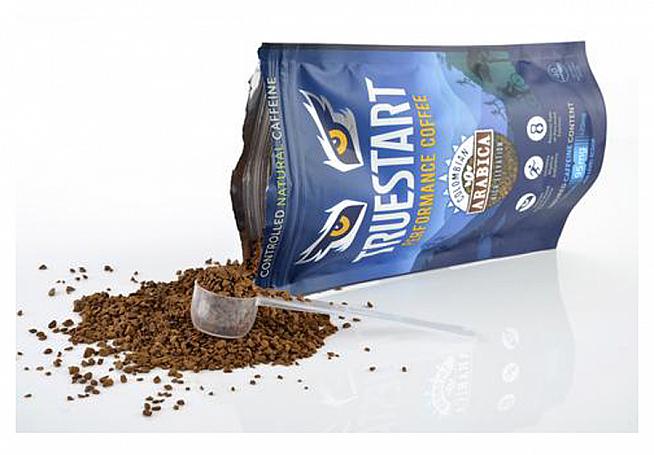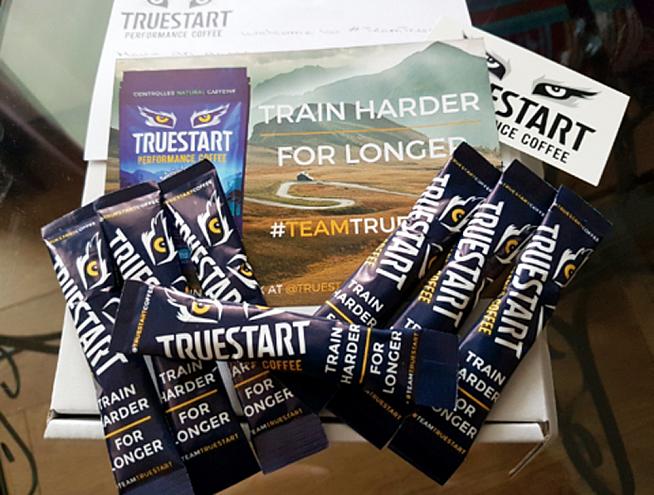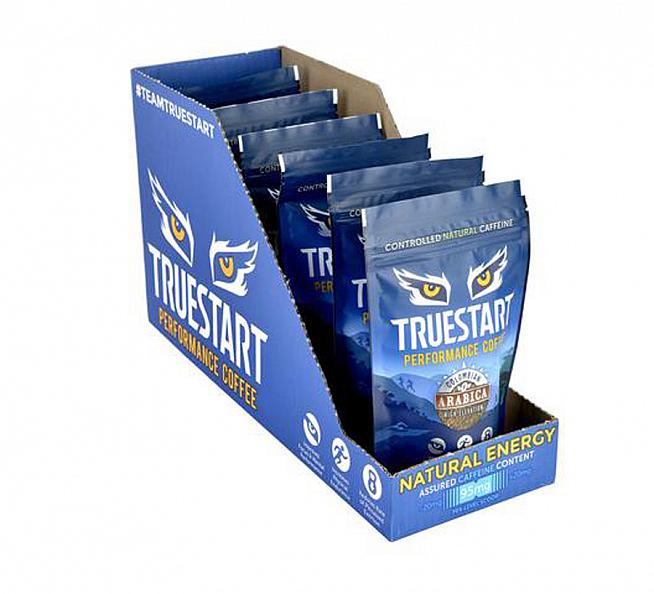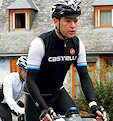Coffee and cycling go together as well as, um, cake and cycling. Better, in fact, because while you can have both on a cafe ride, you tend not to have cake for breakfast too (barring occasionally at the hotels ahead of some European sportives). Or as a recovery food (except when you do have cake as a recovery food).
The better news is that as well as being tasty, coffee is also particularly effective as a method of improving your performance. So effective, in fact, that it was even banned for use in sports - although WADA removed it from the prohibited list in 2004.
Studies consistently show an improved performance for endurance athletes (including cyclists) who have consumed 3-6mg of caffeine per kilo of bodyweight. Interestingly, there isn't a huge difference between the measured effects of caffeine after the 3mg/kilo threshold is hit.

The problem is, how do you know how much caffeine are you drinking with your morning espresso? It turns out it's really rather hard to find out.
University researchers on Australia's Gold Coast bought 97 espressos from a string of different shops and tested them back in 2007. They found the amount of caffeine in each varied from 25mg to 214mg.
Even more controlled 'doses' - say from a Nespresso capsule - vary heavily, with readings of between 65mg and 120mg depending on what sort of beans are used.
The roasting grinding and steeping process also affect the caffeine content in your morning wake-up juice, making drinking coffee a fraught process for people looking for a performance boost.
Personally, I've been grinding my own beans and using a stove-top maker for a few months as part of my pre-ride ritual. It's delicious, but utterly unscientific. Given cycling's obsession with data (from grams of carbs to watts per kilo) there must be a better way.
Well, now there is. Meet TrueStart - a coffee that actually tells you how much caffeine you're getting per cup.

TrueStart was founded by married triathletes Simon and Helena Hills, who realised their pre-training coffee was having a random effect on their performances.
The brand recently launched in the UK (and is available on Wiggle as well as Holland and Barrett stores) and gives you 95mg of caffeine per 2g sachet or scoop (which is included). The freeze-dried coffee is also ethically sourced using "premium Colombian Arabica coffee beans" and free from synthetics, in case you're worried about what you're drinking.
So the question is... How does it taste?
TrueStart Taste Test
I started off with a single 2g sachet in a mug. This drops 95mg of caffeine in my system. At my racing weight, that's about 1.4mg/kg - in other workds, less than half the 3mg/k that seems to be recommended.
It also doesn't really smell of coffee. Or particularly taste of anything either.
I double the dose to two sachets (4g) in a mug. The resulting brew looks like a lot of instant coffee in a mug, but is still only 2.7mg/kg - not quite hitting the magic 3mg/kg level.
The good news is it tastes a lot more like coffee - with a bit more aroma - although still a bit flat and less rich than my normal stove-top coffees and shop-bought Americanos. There was a small edge of bitterness, but a lot less than I anticipated from the aroma.

As a final test, I tip three sachets (6g) in a mug.
Now we're talking - despite what looks like far too much coffee in the mug, I'm getting about 4mg of caffeine per kilo of bodyweight. That's in the medically proved helping-me-at-cycling level.
It also tastes thicker and richer. Certainly one of the better instant coffees I've had.
Verdict
Look, it's instant coffee. It's never going to taste like a freshly ground gourmet coffee from a properly professional espresso machine - or even something properly brewed in a cafetiere.
That said, TrueStart is perfectly drinkable, and even enjoyable at the right concentrations. I think 5g - two and a half sachets - would be the sweet spot.
If you're using coffee as a performance-enhancing tool, you're not going to get a lot better accuracy than that offered by TrueStart. Oh, and if you fancy trying it yourself, you can get a sampe pack of seven sachets for £1.99 at the moment.
Visit the TrueStart website to find out more.
TrueStart coffee, £4.99 for 20 sachets at www.truestartcoffee.com
0 Comments





